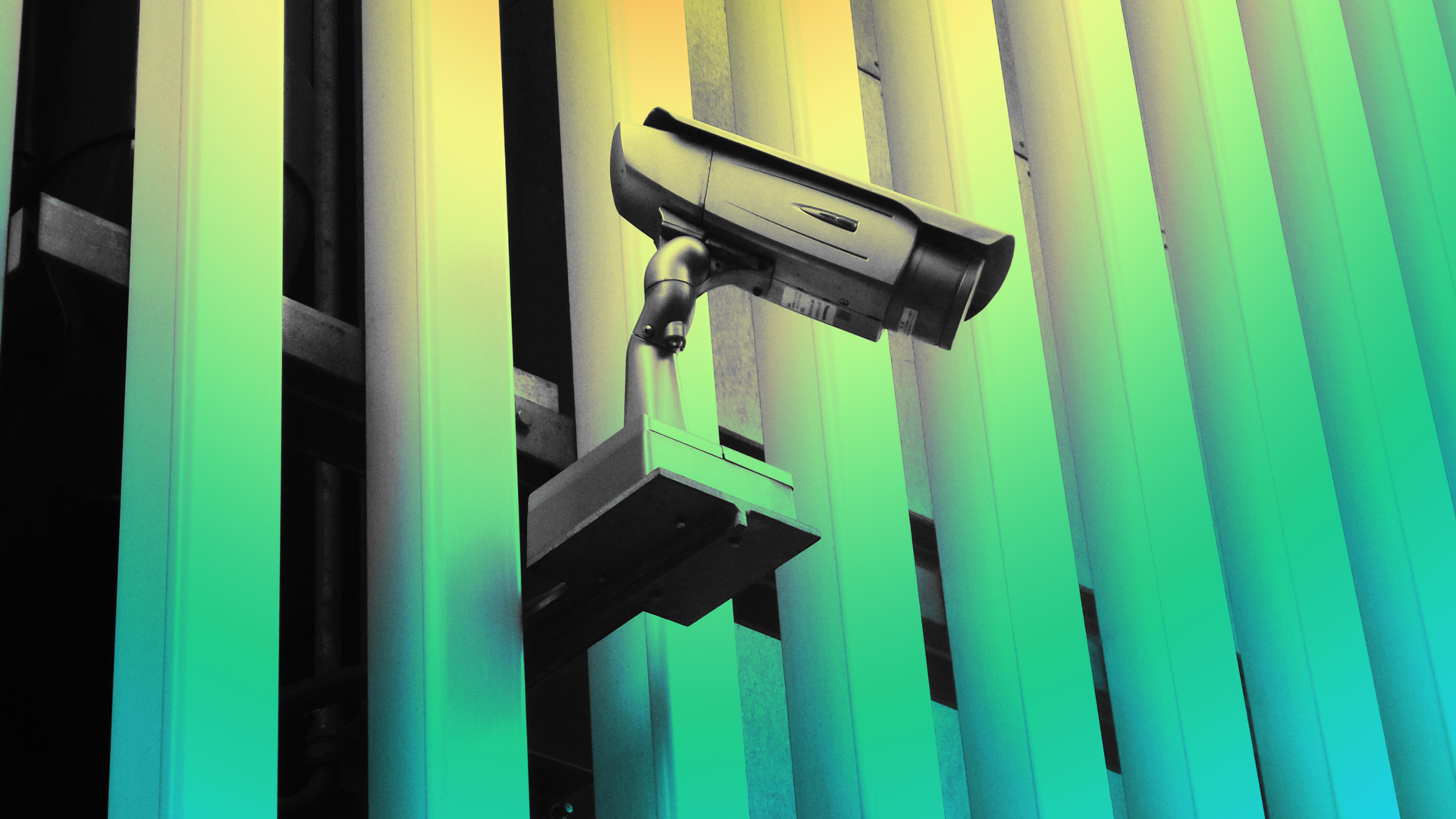Georgetown Law researchers have discovered that Immigration and Customs Enforcement officials have been mining some state Department of Motor Vehicle databases for facial recognition data for years, allowing agents to scan millions of American’s faces without their consent, reports the Washington Post.
ICE is reportedly mining DMV databases to find undocumented immigrants who are legally allowed to get driver’s licenses in some states. The FBI too, the Post says, is also accessing state DMV databases to mine photographs of driver’s license holders, using those photos in their facial recognition tools to track down suspects:
The records show the technology already is tightly woven into the fabric of modern law enforcement. They detailed the regular use of facial recognition to track down suspects in low-level crimes, including cashing a stolen check and petty theft. And searches are often executed with nothing more formal than an email from a federal agent to a local contact, the records show.
The problems with government agencies mining DVM databases and using facial recognition tools to identify alleged suspects is that all the individuals in a DMV database, not just those suspected of a crime, never gave their permission for their data to be mined in such a way, says Representative Jim Jordan (Ohio), the House Oversight Committee’s ranking Republican:
“They’ve just given access to that to the FBI. No individual signed off on that when they renewed their driver’s license, got their driver’s licenses. They didn’t sign any waiver saying, ‘Oh, it’s okay to turn my information, my photo, over to the FBI.’ No elected officials voted for that to happen.”
Not only does the use of mining DMV databases using facial recognition software raise privacy concerns, but the unreliability of facial recognition tech can also lead to false positives and misidentification, leading to the wrong person being accused of, or even arrested for, a crime. A total of 21 states now allow the practice of government agencies combing DMV data.
Recognize your brand’s excellence by applying to this year’s Brands That Matter Awards before the early-rate deadline, May 3.
